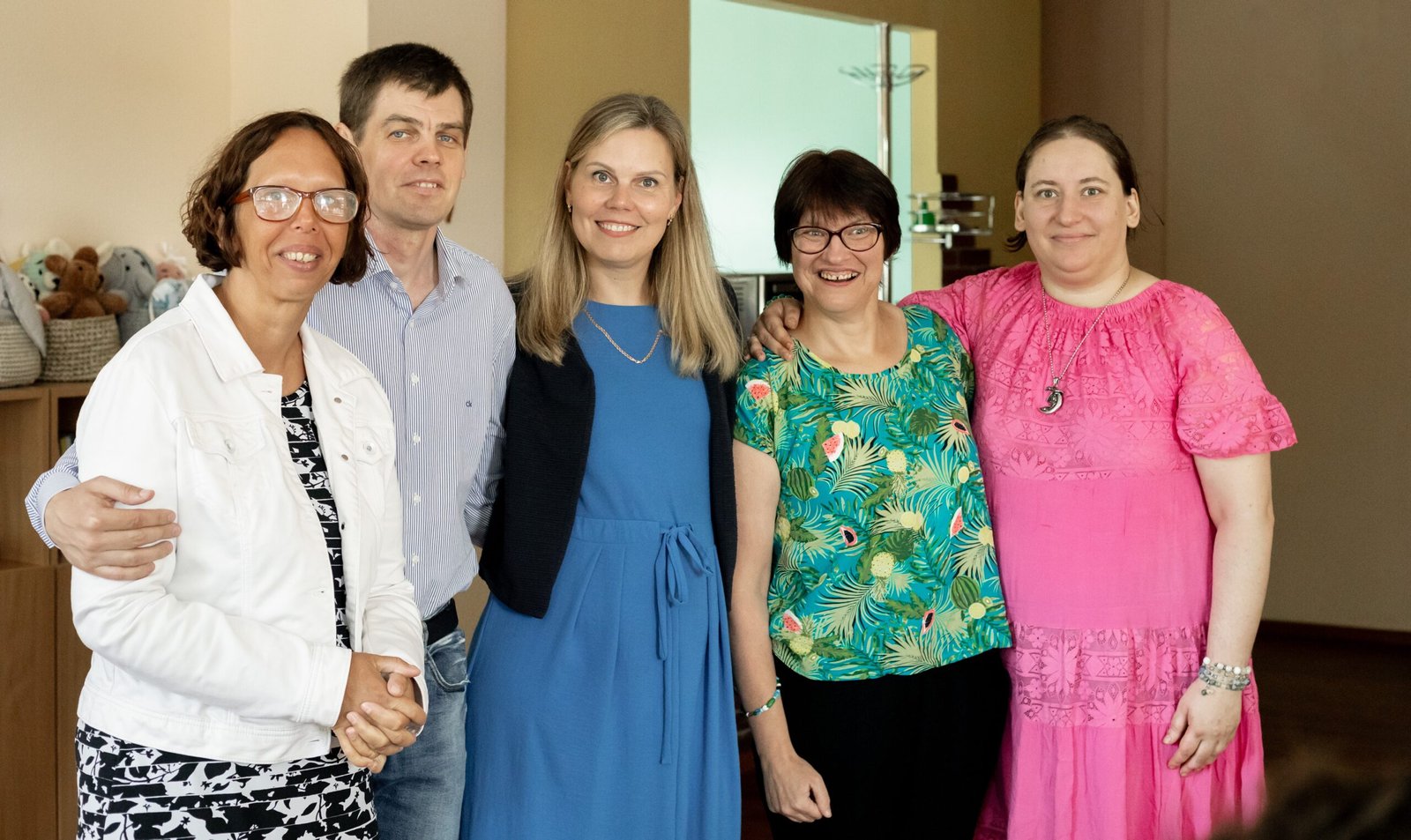Every year on November 16th, the International Day of Tolerance invites us to look deeper into how we interact with one another, especially with those whose experiences or abilities differ from the majority. This day is particularly significant when discussing people with mental or intellectual disabilities – community members who often face stereotypes, stigmatization, and social exclusion.
Why is Tolerance Important for People with Mental and Intellectual Disabilities?
People with mental or intellectual disabilities frequently encounter prejudice rooted in ignorance or fear. According to the World Health Organization, over 70% of people with mental health disorders experience discrimination and social exclusion, which further complicates their lives. The effects of such discrimination are profound – from limited access to education to barriers in employment or participation in everyday social activities.
Tolerance, in this case, is not just a beautiful word. It is an action that allows us to understand another person’s situation, recognize their uniqueness, and accept them as equal members of the community. It begins with small gestures – respectful communication, the elimination of stereotypes, and open dialogue.
How Does Stigmatization Hinder Inclusion?
One of the most significant challenges faced by people with mental or intellectual disabilities is stigmatization. It often arises from misinformation that shapes societal attitudes. For example, it is falsely believed that individuals with mental health issues are dangerous or that those with intellectual disabilities cannot contribute to society. Such misconceptions create barriers – from employment opportunities to the right to make independent decisions.
The International Day of Tolerance reminds us that we can overcome these obstacles through education, dialogue, and practical action. Schools, workplaces, and community events can become spaces where tolerance becomes a norm in everyday life.
How Can Each of Us Promote Tolerance?
Tolerance starts with small steps. Here are several ways we can contribute to building a more tolerant community:
- Education and Information: Learn about mental and intellectual disabilities. By understanding these experiences, we can more easily eliminate stereotypes and negative attitudes.
- Communication: Encourage direct interaction with people with disabilities. This helps foster empathy and better understand their needs and strengths.
- Demonstrating Support: Participate in initiatives that promote inclusion – from social workshop activities to community events.
- Reducing Stereotypes: If we observe inappropriate behavior or discrimination, do not hesitate to respond.
- Inclusion in Everyday Life: Whether working, socializing, or planning activities, strive to include everyone, regardless of their physical or mental abilities.
Tolerance Changes Lives
Tolerance is not merely a social obligation – it can directly change lives. When people with mental or intellectual disabilities feel accepted and respected, they can form meaningful relationships, participate in social life, and realize their potential. For example, social workshops not only provide practical skills but also help these individuals feel like valued members of society.
The International Day of Tolerance is an excellent opportunity to initiate change – not only in our minds but also in our actions.






Leave a Reply